An unrequited love story powers Dreams, the final installment in Dag Johan Haugerud’s powerful Sex Love trilogy, playing in Competition.
Dreams (Sex Love). Writing vs. Living
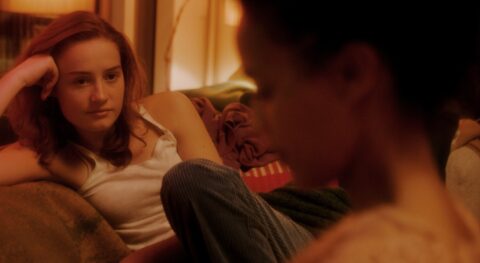
Exploring the Outer Edge of Film

An unrequited love story powers Dreams, the final installment in Dag Johan Haugerud’s powerful Sex Love trilogy, playing in Competition.
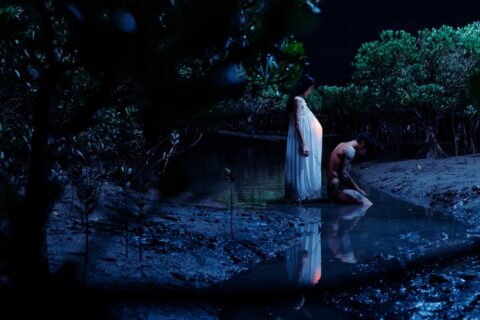
The dreamlike Eel is a promising debut from Taiwanese director Chu Chun-Teng that thrives within liminal spaces — live from Perspectives.
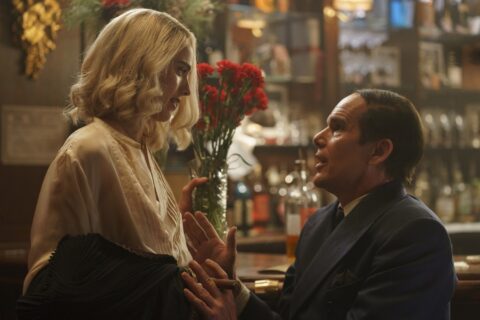
Set entirely on the opening night of Oklahoma!, Richard Linklater’s talky film Blue Moon reunites him with Before trilogy star Ethan Hawke.
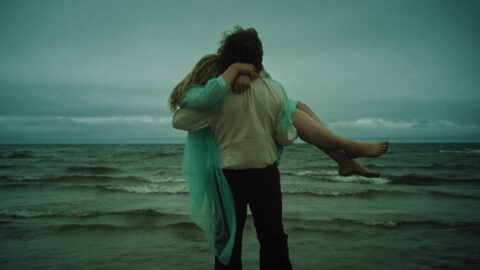
A trip to a trauma retreat turns increasingly nightmarish in Madeleine Sims-Fewer and Dusty Mancinelli’s Honey Bunch, playing in Berlinale Special.
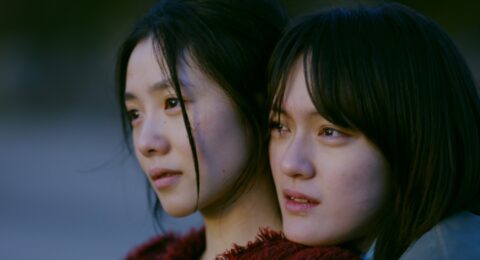
Vivian Qu’s gritty crime story Girls on Wire is a grim tale about the inevitability of fate that is weighed down by clichéd and stilted storytelling.
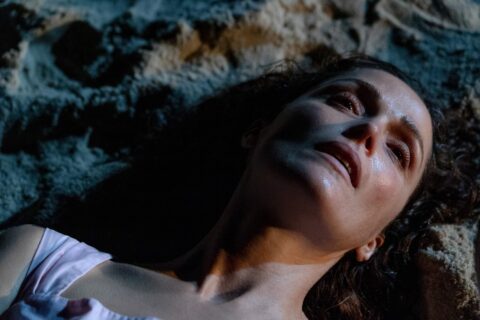
The A24 formula works to fine effect in Mary Bronstein’s If I Had Legs I’d Kick You, starring the excellent Rose Byrne.

Dark horse black comedy What Marielle Knows is the funniest film in the Berlinale Competition so far. A Hollywood remake can’t be far away.
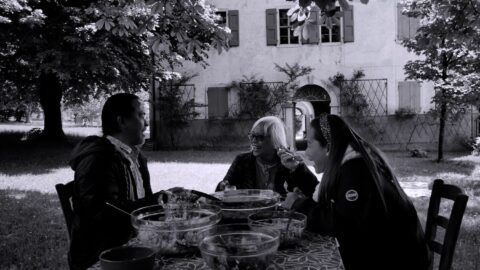
Familial bonds between migrant workers are put to the test in Liryc Dela Cruz’ compelling debut Where The Night Stands Still.
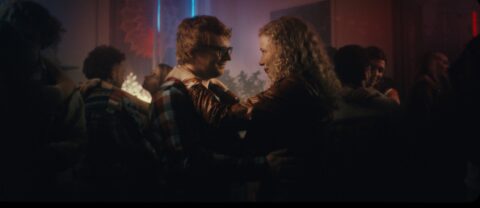
Florian Pochlatko’s How to Be Normal and the Oddness of the Other World is a long and ungainly look at mental illness that never finds a way to work.
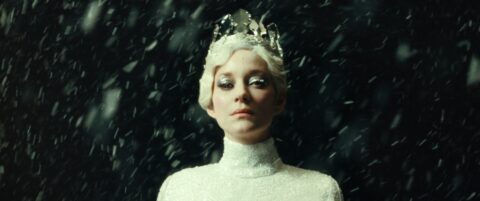
Lucile Hadžihalilović’s The Ice Tower is a forbidding and slow riff on Hans Christian Andersen with a movie star performance from Marion Cotillard.